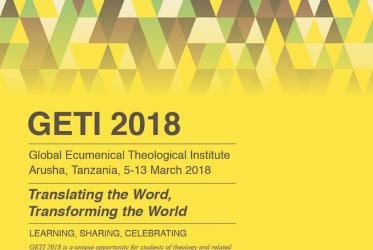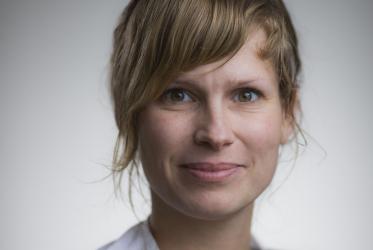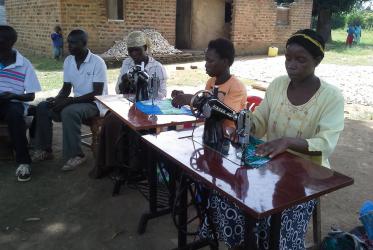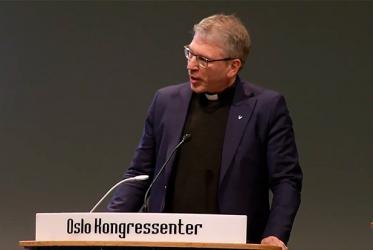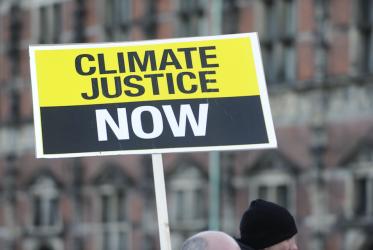The second of the seven reflections of the Lenten Campaign: Seven Weeks for Water 2017 of the Word Council of Churches’ (WCC) Ecumenical Water Network (EWN) is by Dr Agnes Abuom, moderator of the WCC’s Central Committee.
Dr Abuom is the first woman and first African to hold this important position. She is also the Executive Director of TAABCO Research and Development Consultants, based in Nairobi, Kenya. In her reflection, being an African woman on the eve of International Women’s Day, she explores the linkages between poverty, water scarcity and its impact on women. It is also contextual in that today Kenya is reeling under a serious drought which is deteriorating the situation for women as they are mostly responsible for fetching water for their families.
02 March 2017
WCC Programmes
